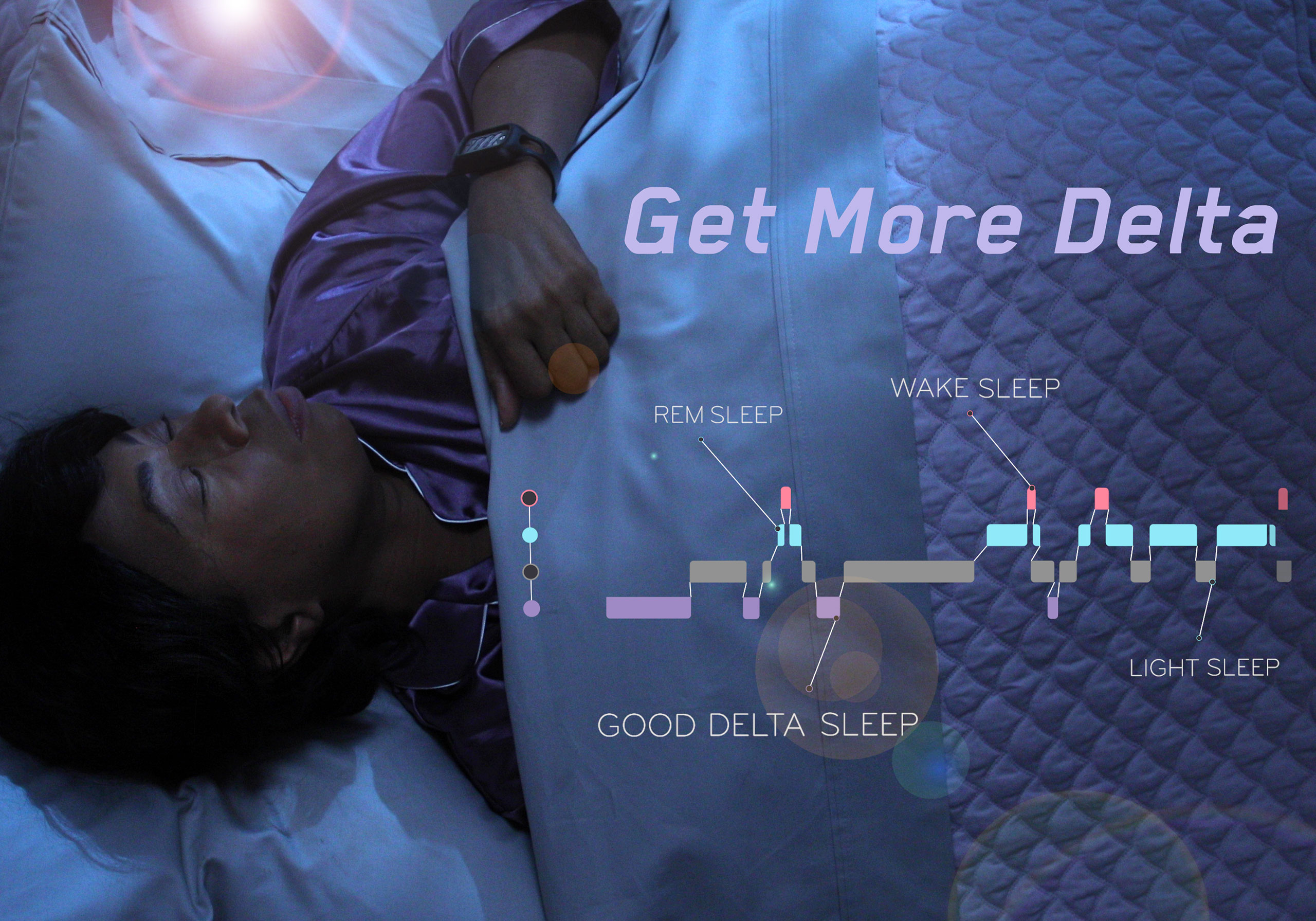
Understanding Deep Sleep and Delta Waves
Deep sleep, also referred to as slow wave sleep or Delta sleep, is a critical phase in our sleep cycle that takes center stage in the rejuvenation of our body and mind. Recognized by high voltage (75 µV) EEG activity and waves oscillating between 0.5 Hz and 3.5 Hz, it is especially prominent during the first two sleep cycles of the night.
Deep Sleep Across Different Age Groups
Interestingly, deep sleep isn’t distributed equally among all age groups. Young adults, for instance, spend around 20% to 25% of their total sleep time in this stage. However, by the age of 75, this dips to about 3%. This decline, as per multiple medical studies, is not uncommon and often starts by mid-life.
The Role of Deep Sleep in Brain Recovery
Much like our bodies need rest after strenuous exercise, our brains also require a downtime. Deep sleep provides that essential rest, characterized by significant drops in cerebral functioning, metabolic rate, and cerebral blood flow. As a result, the regions of the brain that are most active during the day attain a highly restful state during deep sleep, facilitating recovery and rejuvenation.
Deep Sleep’s Response to Sleep Deprivation
Studies focused on sleep deprivation have further emphasized the paramount role of deep sleep in restoring the body and brain. After a period of sleep deprivation, we regain 68% of deep sleep compared to just 14% of light sleep. This indicates the importance of deep sleep over other stages, as it’s the stage that rebounds most dramatically.
Protein Synthesis and Cell Restoration in Deep Sleep
Deep sleep also plays a significant role in protein synthesis. Food proteins consumed during the day transform into complex proteins, promoting the healing of muscles and body tissues during this stage. Moreover, glial cells – the principal cells of the nervous system – restore and provide energy to the brain, fueled by the growth hormone secreted during deep sleep.
Memory Consolidation During Deep Sleep
Memory consolidation is another essential function of deep sleep. Individuals with primary insomnia, who tend to experience less deep sleep, often face impaired memory consolidation compared to those with a healthy sleep pattern.
The Impact of Deep Sleep on Autonomic Nervous System
Moreover, deep sleep also helps regulate the Autonomic Nervous System (ANS). It promotes a shift from sympathetic (fight or flight) to parasympathetic (rest and rejuvenation) activity. This results in stress relief, fewer awakenings, sleep restoration, reduced anxiety and depression.
Deep Sleep and the SOLTEC•HEALTH™ System
In a nutshell, deep sleep is the critical stage for both physical restoration and mental rejuvenation. It’s a healing balm for the body and mind, playing a significant role in our emotional and cognitive processes. That’s why the SOLTEC•HEALTH™ System is dedicated to nurturing an environment that encourages optimal levels of Delta wave sleep.
